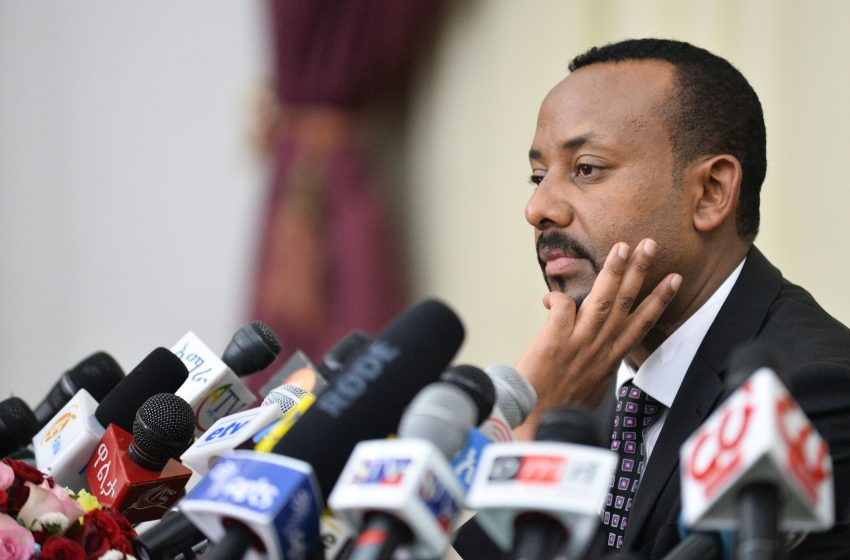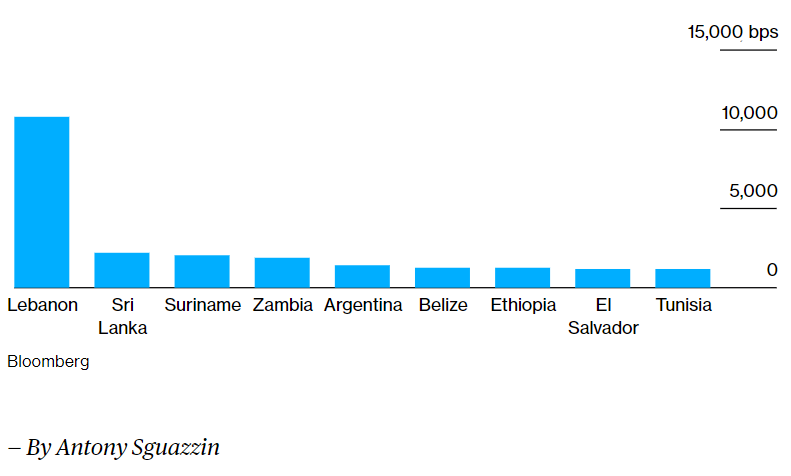
Will Victory Against Tigray Be Worth The Cost?
Source: Bloomberg
October 15, 2021
Ethiopia’s prime minister has begun a fresh offensive against rebel forces from the Tigray province.
But Abiy Ahmed may find that even if he does win, and that isn’t a foregone conclusion given the setbacks suffered in recent months, the victory may be Pyrrhic.
When the premier launched what he said would be a swift retaliatory strike against his opponents in the restive northern region almost a year ago, few could have imagined how quickly the reputation of the Nobel Peace Prize winning leader would unravel.

The war rekindled Ethiopian ethnic tensions beyond Tigray and has embarrassed the prime minister. After initial successes the regional capital of Mekelle was retaken by rebels.
Perhaps more importantly, it has thrown his vision for Ethiopia’s economic future into disarray.
The conflict has drawn international condemnation. The U.S. has warned it may impose sanctions following a report that the national airline transported weapons to Eritrea for use in the fighting in Tigray. United Nations Secretary-General Antonio Guterres also described Ethiopia’s decision to expel UN representatives as “particularly disturbing.”
The Horn of Africa nation as recently as last year had strong ties with the U.S. and had been one of Africa’s fastest growing economies. It’s now joined a club of nine countries whose dollar bonds trade at a spread of more than 1,000 basis points over U.S. Treasuries, while interest in its long-awaited sale of telecom licenses has dwindled.
When he reflects on the conflict, Abiy may wonder: Was it really worth it?
Club No Nation Wants to Join
El Salvador and Tunisia bonds have started trading at distressed levels

